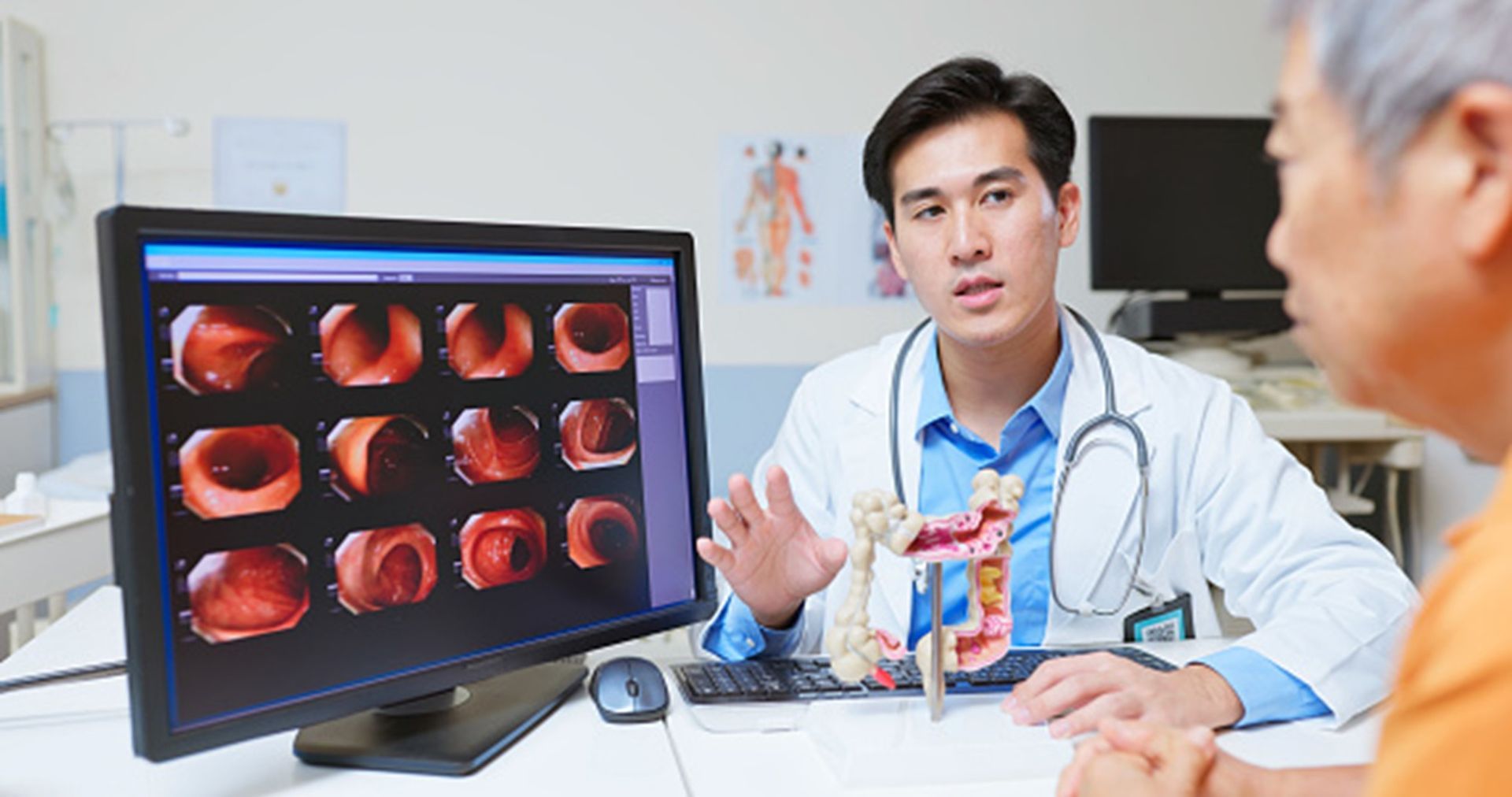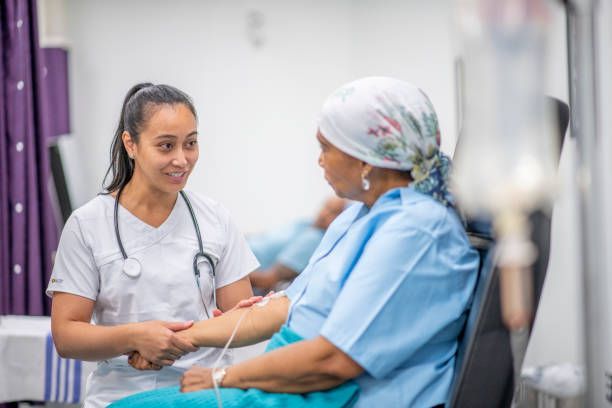Role of Cancer Research in Improving Rural Healthcare Access
Access to cancer care in remote areas shouldn't be a privilege—it should be a right. Across Alaska, especially in its vast rural communities, patients face significant barriers to timely diagnosis, treatment, and follow-up care. Fortunately, advancements in cancer research in Anchorage, AK, are helping to close this gap. With breakthroughs in telemedicine, mobile diagnostics, and data-driven outreach, there's a growing movement to bring high-quality oncology services to even the most isolated populations. If you’ve ever wondered how innovation and research can reshape healthcare access across rugged terrains, this blog will uncover the key ways cancer research in Anchorage, AK, is revolutionizing rural care. Powered by institutions like Alaska Oncology & Hematology, LLC, these efforts are building a future where geographic distance no longer determines the outcome of a cancer diagnosis.
The Unique Challenges of Rural Oncology Care in Alaska
Alaska’s awe-inspiring geography is both a source of natural beauty and a major barrier to healthcare access, especially for those facing a cancer diagnosis. The challenges are numerous, complex, and deeply rooted in the state’s unique topography and population distribution. Here's a closer look at the hurdles that make rural oncology care in Alaska one of the most pressing healthcare challenges in the nation:
- Vast Geographic Distances: Many rural residents live hundreds of miles from the nearest oncology center. For some, reaching treatment requires bush plane flights, ferry rides, or hours-long drives through treacherous conditions. These distances lead to delays in diagnosis, infrequent follow-up care, and missed appointments.
- Harsh and Unpredictable Weather: Alaska’s extreme weather patterns—snowstorms, ice, wind, and seasonal darkness—frequently disrupt travel plans. Inclement weather can shut down air and road access entirely, cutting off entire communities from critical healthcare services for days or even weeks.
- Limited Road Infrastructure: Some rural villages are not connected by roads at all. This means that traditional emergency response systems and healthcare logistics that work in other states are often inapplicable here, requiring innovative solutions for consistent care delivery.
- Shortage of Specialized Medical Staff: Oncologists, oncology nurses, radiologists, and other specialists are concentrated in urban hubs like Anchorage. Rural health clinics, already facing primary care shortages, typically lack the personnel and equipment to offer specialized cancer services.
- High Cost and Emotional Toll of Travel: The financial burden of flying to Anchorage for repeated treatments, plus lodging, meals, and time off work, can be crushing. Many patients forego or delay care altogether to avoid these costs, leading to worse prognoses.
- Limited Access to Diagnostic Technology: Advanced imaging, lab testing, and pathology services are centralized, leaving rural clinics without the ability to detect cancer early. This results in higher rates of late-stage diagnosis among rural populations.
- Cultural and Communication Barriers: Alaska’s Indigenous populations may experience language differences, cultural mistrust of institutional medicine, and a lack of culturally competent care—all factors that discourage early detection and treatment.
- Mental Health Strain and Isolation: The emotional impact of a cancer diagnosis is compounded in rural settings, where access to counseling, support groups, or even reliable internet for telehealth is limited. Patients often navigate their journey in solitude.
These obstacles paint a stark picture, but they also highlight the vital role of
cancer research in Anchorage, AK, in reshaping healthcare access. With innovative strategies tailored to the realities of Alaska’s geography and demographics, researchers and providers are rewriting the rules of rural oncology care.

Telemedicine: Bringing Expert Cancer Care to Remote Communities
Fueled by ongoing cancer research in Anchorage, AK, telemedicine has emerged as a transformative solution for delivering cancer care across Alaska’s most isolated regions. With vast distances and limited transportation options separating rural patients from oncology specialists, telehealth bridges the gap by offering real-time virtual consultations. Patients can now receive follow-up care, discuss treatment plans, and even get second opinions from the comfort of their local clinics or homes, eliminating the need for costly and burdensome travel to urban centers.
This innovation doesn't just benefit patients; it also empowers local healthcare providers by connecting them with specialists for collaborative care. Through secure video platforms, community doctors and nurses can receive expert guidance on managing complex cases, ensuring patients receive high-quality care regardless of their location. Thanks to advances in cancer research, telemedicine has shifted from a convenience to a critical tool in delivering equitable, consistent cancer treatment throughout the state.
Mobile Screening Units: Early Detection on the Move
Another outcome of ongoing cancer research in Anchorage, AK, is the deployment of mobile screening units. These fully equipped vans and trailers travel to rural and underserved areas to provide vital services such as mammograms, colon cancer screenings, and skin exams.
Because early detection dramatically increases the chances of successful treatment, these mobile units are lifesavers—especially in communities without easy access to hospitals or specialists. With advanced imaging tools and trained technicians onboard, these mobile programs eliminate barriers while raising awareness and educating the public about the importance of routine screenings.
Incorporating real-time data from cancer research, these mobile programs also prioritize high-need areas and adjust routes and services based on population risk factors and seasonal access.
Data-Driven Outreach: Targeting Care Where It’s Needed Most
Modern cancer research doesn’t just happen in labs—it also involves data analytics, community surveys, and AI-assisted modeling to identify gaps in care and areas with the highest cancer burden.
These insights are crucial in designing outreach programs that are tailored to specific communities. Whether it’s sending culturally relevant educational materials, setting up pop-up clinics during local events, or training community health aides in cancer risk factors, this targeted approach ensures no one is left behind.
Accessing the Care You Deserve, No Matter Where You Live
Cancer care should never be out of reach because of where someone lives. Thanks to continued progress in cancer research in Anchorage, AK, rural communities across the state are gaining access to the tools, technology, and expertise needed to fight cancer more effectively. From telemedicine to mobile screenings and data-driven outreach, these advancements are changing lives. If you or a loved one is navigating a cancer diagnosis, Alaska Oncology & Hematology, LLC, is here to help guide you through every step of the journey. Contact us today to schedule a consultation.







